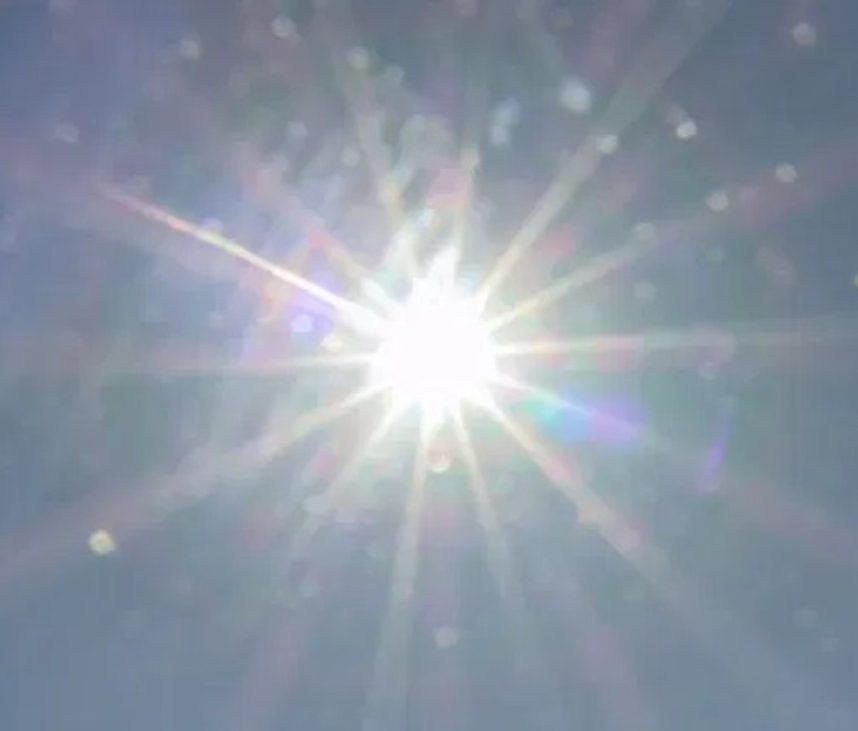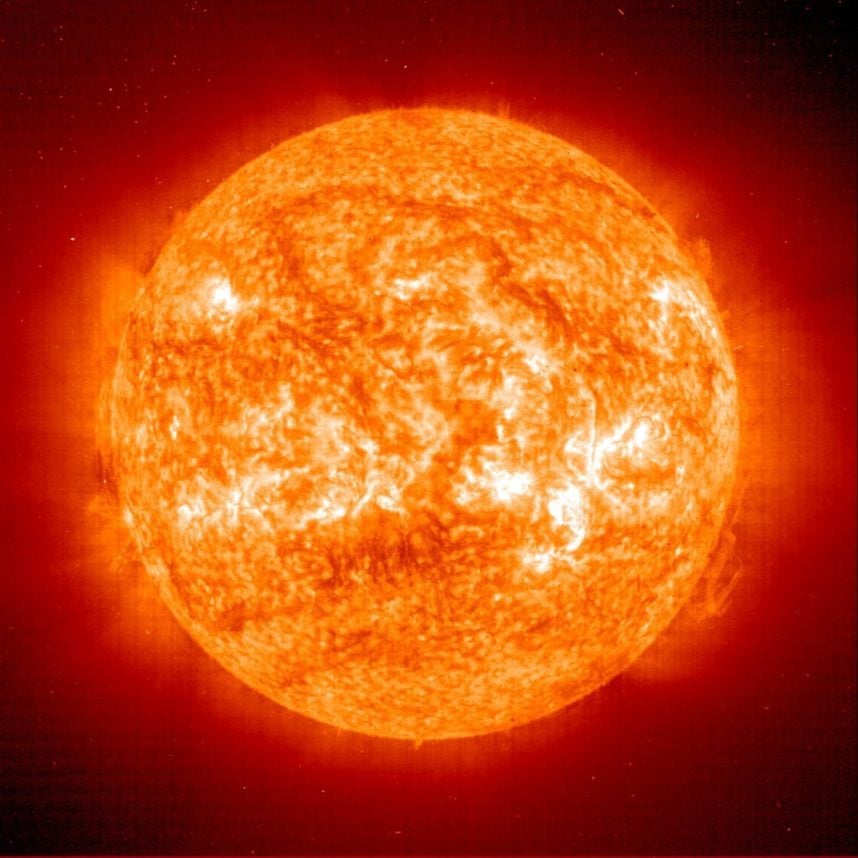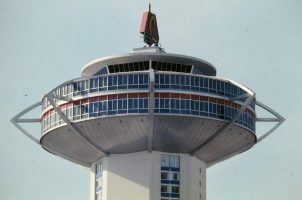VEGAS MYTHS BUSTED: Dry Heat is Safer Than Humid Heat
Posted on: August 28, 2023, 08:04h.
Last updated on: October 28, 2023, 07:44h.
But it’s a dry 115 degrees ….
Because dry, hot air evaporates sweat, which is how the human body cools itself, most summertime visitors to Las Vegas come assuming that dry heat is safer than the humid kind found in Florida.

This is, of course, a myth, or you wouldn’t be reading about it here.
“Both are equally dangerous,” Daliah Wachs, a Las Vegas doctor of family medicine and host of her own radio show, told Casino.org. “But dry heat may give you the impression you are cooler than you really are, which means you might not move to a cooler area as quickly as you would in humid heat.”
And, because sweat evaporates quicker in dry heat, according to Wachs, “you have the potential to dehydrate faster in dry heat.”
This is especially true if you drink alcohol, as so many poolside Las Vegas tourists do.
Alcohol further dehydrates you and inhibits your ability to sense that you are in trouble,” Wachs said.
Whenever it is hotter outside your body than inside, your body works hard to keep the temperature inside lower. It produces more sweat and opens blood vessels near the skin to keep your internal temperature from rising.
But if the liquid lost through sweat is not replaced, this can lead to the first level of heat illness.

Heat Exhaustion
This can cause cramps and nausea, according to Wachs. You may also look pale and clammy, and your heart rate could increase to try to compensate for the fluid lost to sweating. You may also become dizzy, weak, and even faint.
“You should immediately head indoors, lie down, elevate your feet, and get sips of fluid,” Wachs said.
Applying cool and wet cloths to the underarms and body is also a good idea, “and contact medical authorities if symptoms continue or worsen.”

Heat Stroke
If your body overheats beyond its upper-temperature limit — 106 degrees Fahrenheit — this is heat stroke. This condition can denature your body’s proteins, causing internal organs to swell and nerve impulses to stop functioning. This greatly increases your risk of a heart attack.
After heat stroke, there are no more advanced stages of heat illness before seeing your dead grandmother at the end of a long tunnel of light.
“Heat stroke is a medical emergency and can be fatal,” Wachs said.
Symptoms include difficulty breathing, seizures, fever, and loss of consciousness. And losing consciousness means you can’t drink fluids, which is your only hope of recovery.
“If you have heat stroke, 9-1-1 must be called immediately,” Wachs said.
Depending on how hot the air is and how dehydrated you were when you entered it, heat stroke can occur in a matter of just a few minutes.
Heat is the leading weather-related cause of mortality in the U.S., outpacing deaths from hurricanes by a factor of eight to one. In 2022, 1,714 deaths were attributed to heat-related causes, according to the Centers for Disease Control and Prevention. That’s a 740% increase over 2004.
For the week ending July 22, heat-related hospitalizations in Nevada, Arizona, and California this year were 51% above the average level since 2018.
Look for “Vegas Myths Busted” every Monday on Casino.org. To read previously busted Vegas myths, visit VegasMythsBusted.com. Got a suggestion for a Vegas myth that needs busting? Email corey@casino.org.
Related News Articles
VEGAS MYTHS RE-BUSTED: Bad Players Kill the Blackjack Game
VEGAS MYTHS RE-BUSTED: The Restaurant Atop the Landmark Hotel Revolved
VEGAS MYTHS BUSTED: Las Vegas Boasts 15K Miles of Neon
Most Popular
LOST VEGAS: ‘Tony The Ant’ Spilotro’s Circus Circus Gift Shop
Casinos That Were Never Casinos
Most Commented
-
End of the Line for Las Vegas Monorail
— April 5, 2024 — 90 Comments -
Cracks Emerging on Las Vegas Strip Says Analyst
— April 30, 2024 — 17 Comments -
Mega Millions Reportedly Mulling Substantial Ticket Price Increase
— April 16, 2024 — 9 Comments
















No comments yet